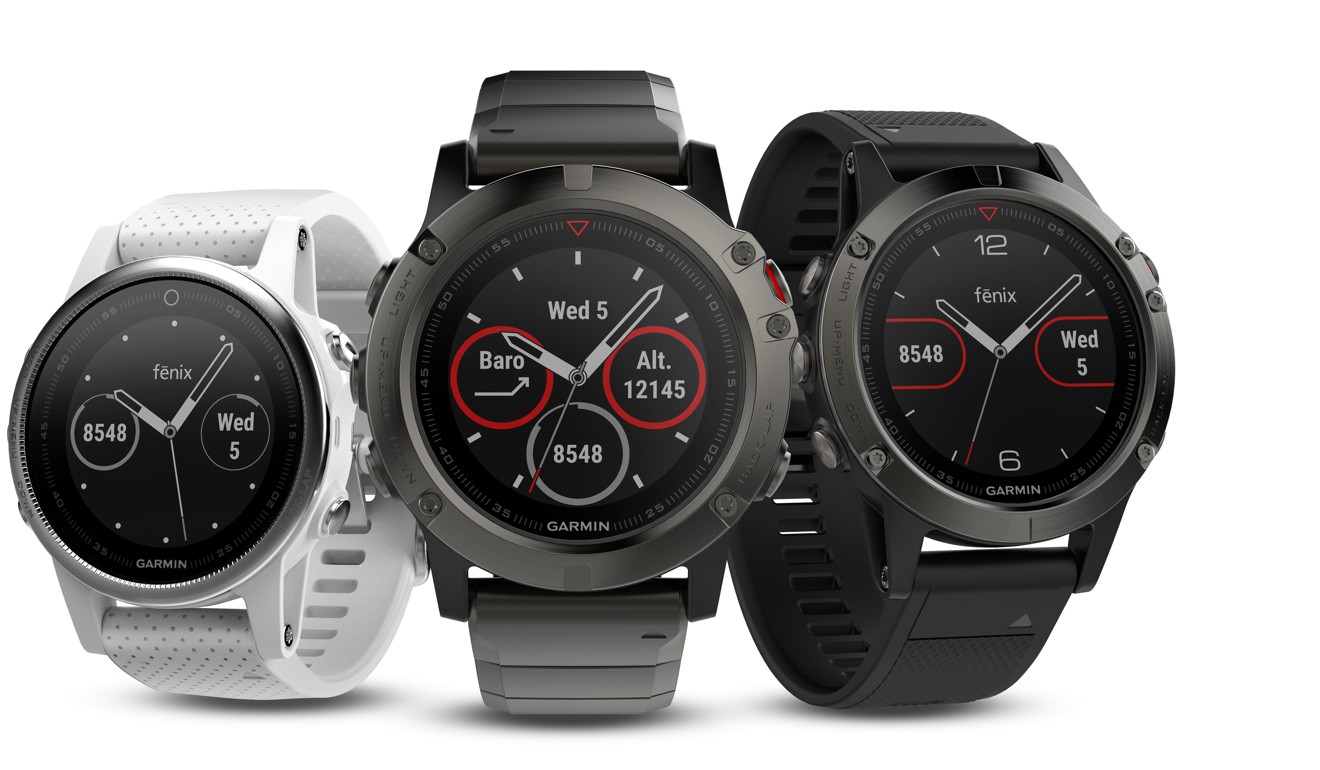
Watch out! Huami sets sights on sport smartwatch dominance
The Chinese wearables maker, which recently overtook Fitbit, is now gunning for Garmin’s lead in sales of sport smartwatches
Chinese wearables maker Huami, which produces the popular Mi Band fitness tracker sold on Xiaomi’s e-commerce platform, aims to surpass Garmin’s sales of sport smartwatches within the next two years, according to a top executive.
Xiaomi-backed Huami is currently the world’s No. 1 wearables company, thanks to its inexpensive fitness devices which sell between US$17 and US$21. Sales of the Mi Bands on Xiaomi’s e-commerce sites have propelled Xiaomi to ship over 3.6 million wearables in the first quarter of this year, with a market share of 17.9 per cent worldwide, beating companies such as Apple and Fitbit, according to data from market research firm IDC.
After beating Fitbit, we plan to overtake Garmin’s [lead in sports smartwatches] within the next two years
“After three years of hard work, we’ve shipped over 30 million Mi Bands as of January this year,” said Huami founder and chief executive Huang Wang at the TechCrunch Shenzhen technology conference on Wednesday. “We’ve also spent 18 months on research and development for our sports smartwatch – after beating Fitbit, we plan to overtake Garmin’s [lead in sports smartwatches] within the next two years.”
Huami launched its 799 yuan Amazfit Pace smartwatch in November last year. It comes enabled with GPS that lets runners track their routes and other metrics such as heart rate, pace, speed, cadence and altitude.

Huang is confident Huami can find success abroad the same way it has succeeded in its domestic market, since Chinese consumers are already the world’s “most demanding” users.
“Chinese consumers want their products to be cheap, but also of good quality. If you can capture the Chinese market, you won’t do badly overseas,” he said.
Chinese companies like Huami are close to China’s manufacturing hubs, giving them an edge over wearables producers in the US when it comes to iteration and prototyping, according to Huang.
“In Silicon Valley, companies which want to create smart wearables are too far from the manufacturing centres,” he said. “For start-up companies [in China], you need just four to five days to create the mould [for your product], but your competitors in Silicon Valley need three to four times that amount of time.”
He said Chinese companies are also able to better control hardware costs and their supply chain compared with their US counterparts.
Huami hopes to develop more advanced wearable technologies that can help connect users and possibly their medical providers. In April, the company launched its first fitness band that features electrocardiography (ECG) tracking – the 699 yuan Amazfit Health.
ECG tracking monitors electric signals produced by heart activity, which is more accurate in tracking variations in heart rate than photoplethysmogram (PPG) tracking, which is found in most smartwatches and fitness bands today. PPG tracking uses electrical signals obtained from reflected light on the skin, caused by changes in blood flow during heart activity.
Huang wants to combine ECG data with deep learning methods to help doctors better diagnose patients based on data from fitness bands, he said.
The company is also researching methods for biometric identification through ECG tracking , which can be even more accurate than fingerprint identification, Huang said.

